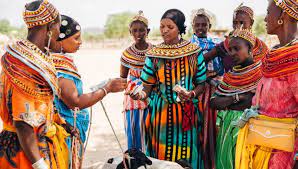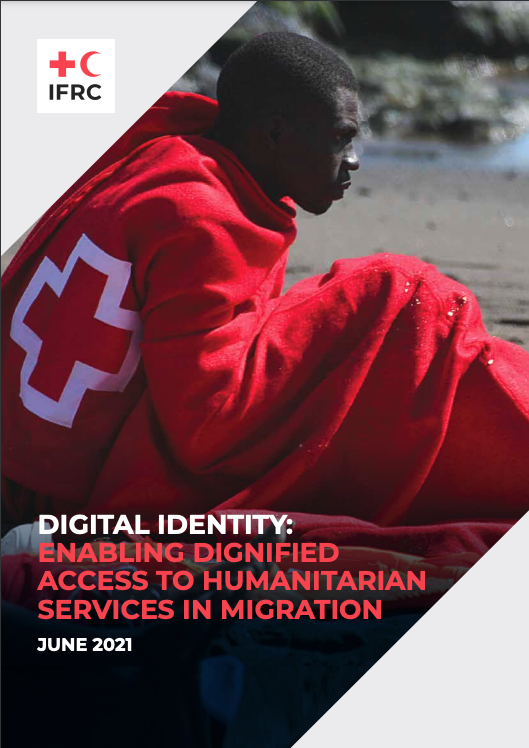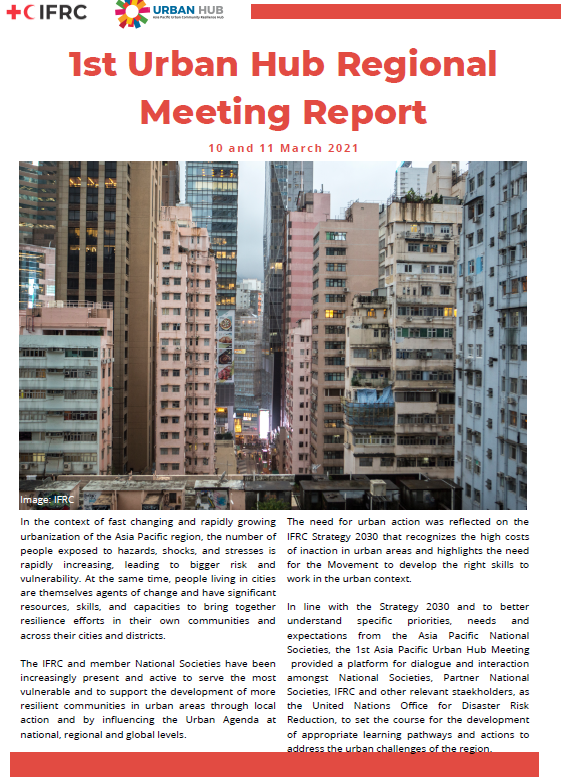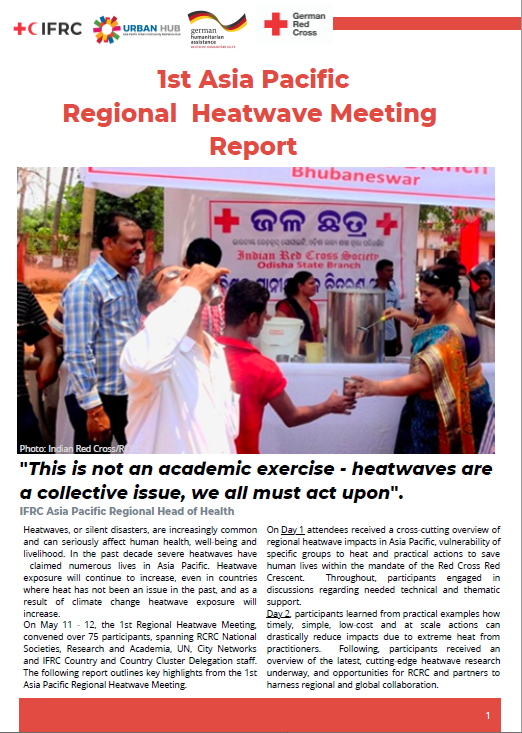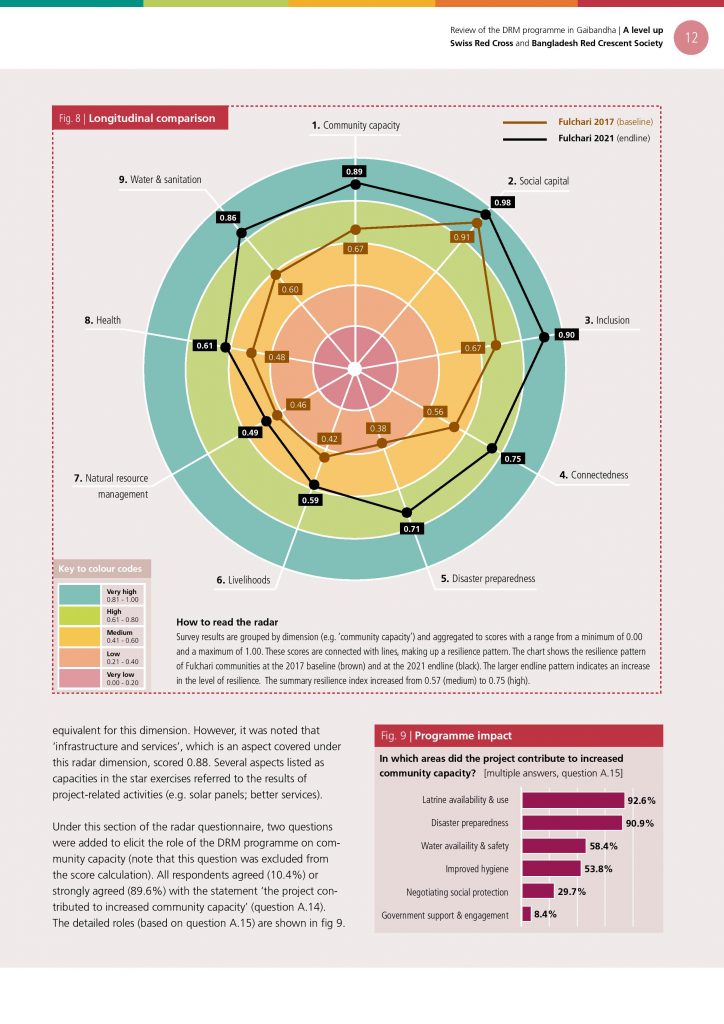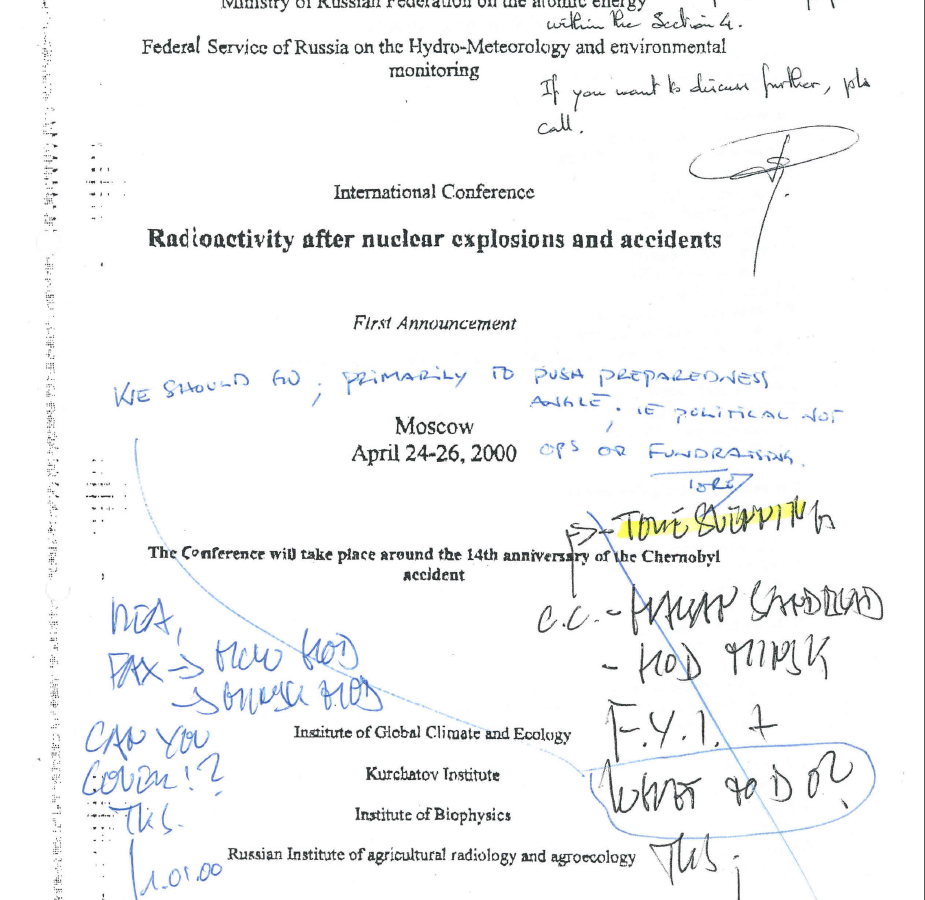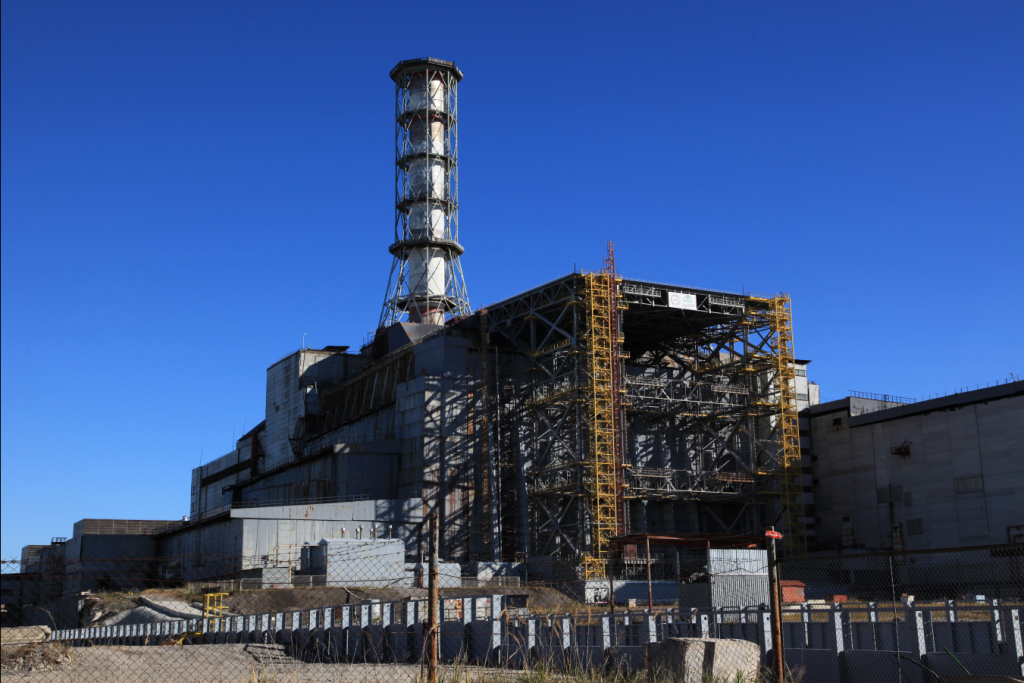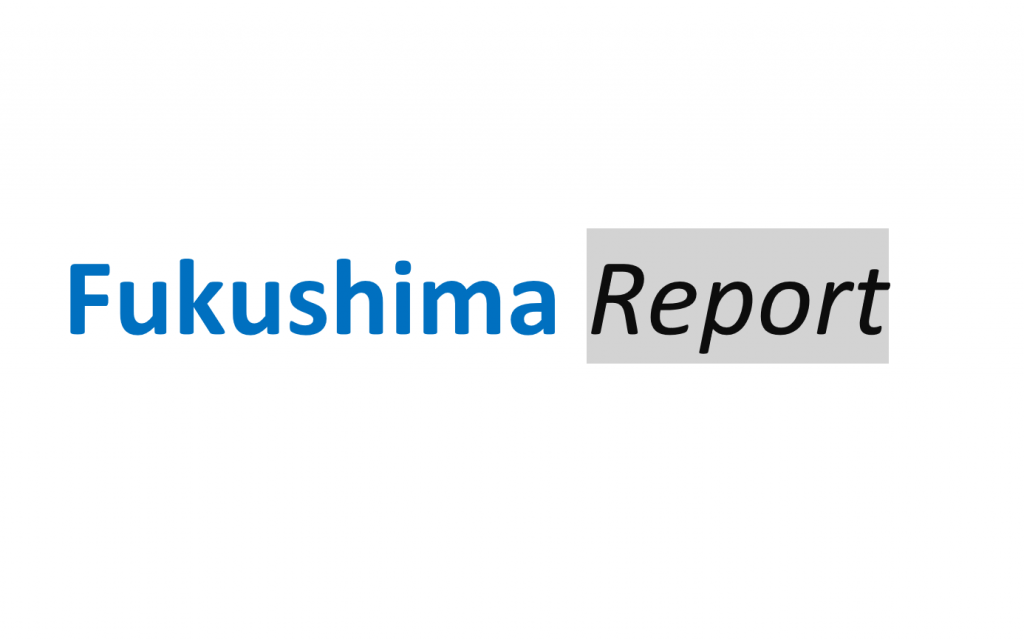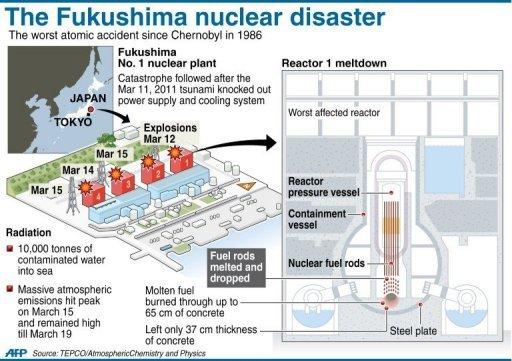Early Warning Early Action: Toward More Behaviorally Informed Early Warning Systems
Early warning systems (EWSs) have traditionally focused on collecting and analyzing hazard data to produce warning messages that help inform stakeholders of impending disasters and when, where, and how to initiate response activities. Social constructivist understandings of risk have led to more people-centered approaches to EWS design and development. The resulting systems, though better informed, […]
Early Warning Early Action: Toward More Behaviorally Informed Early Warning Systems Read More »

